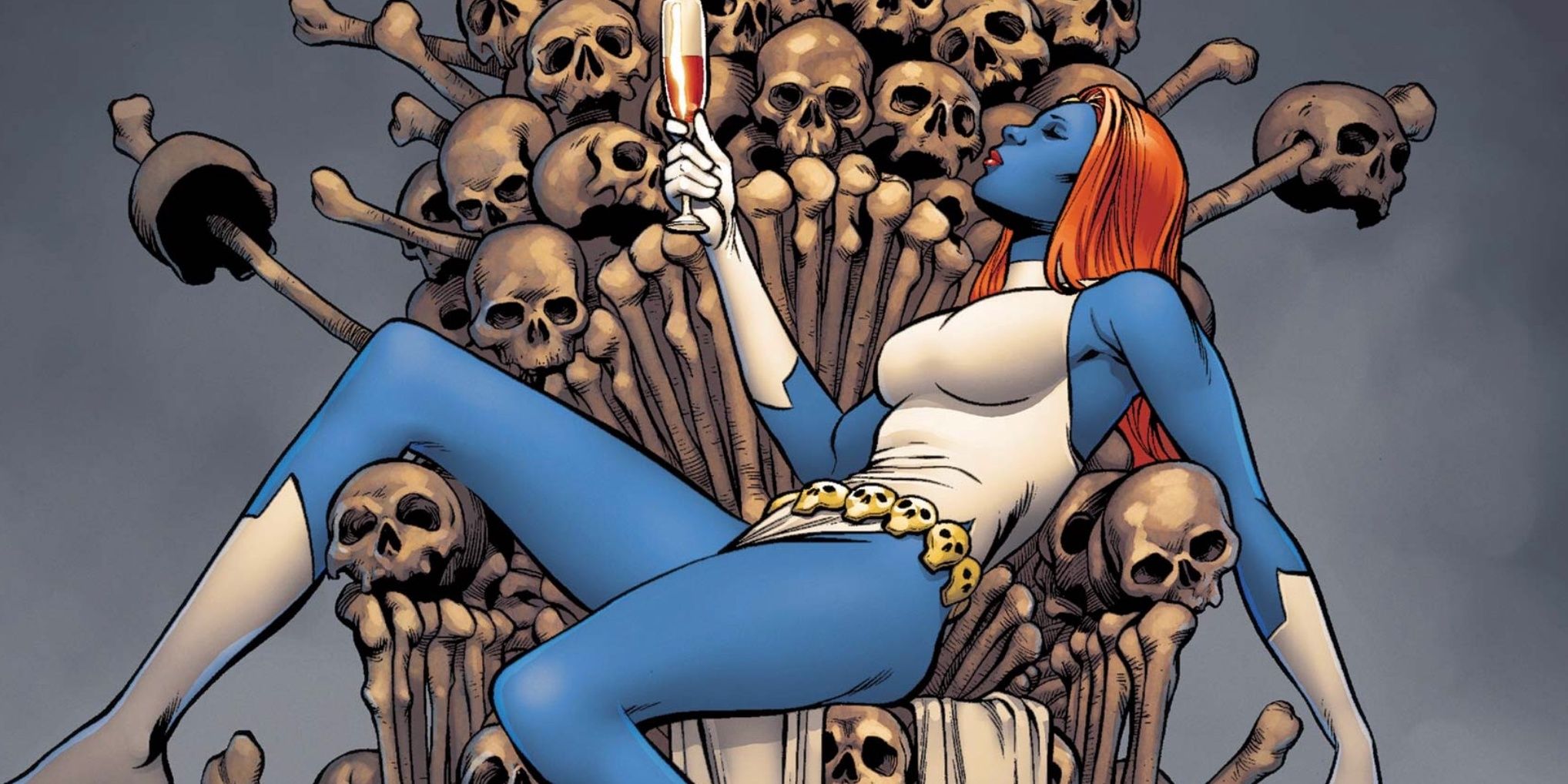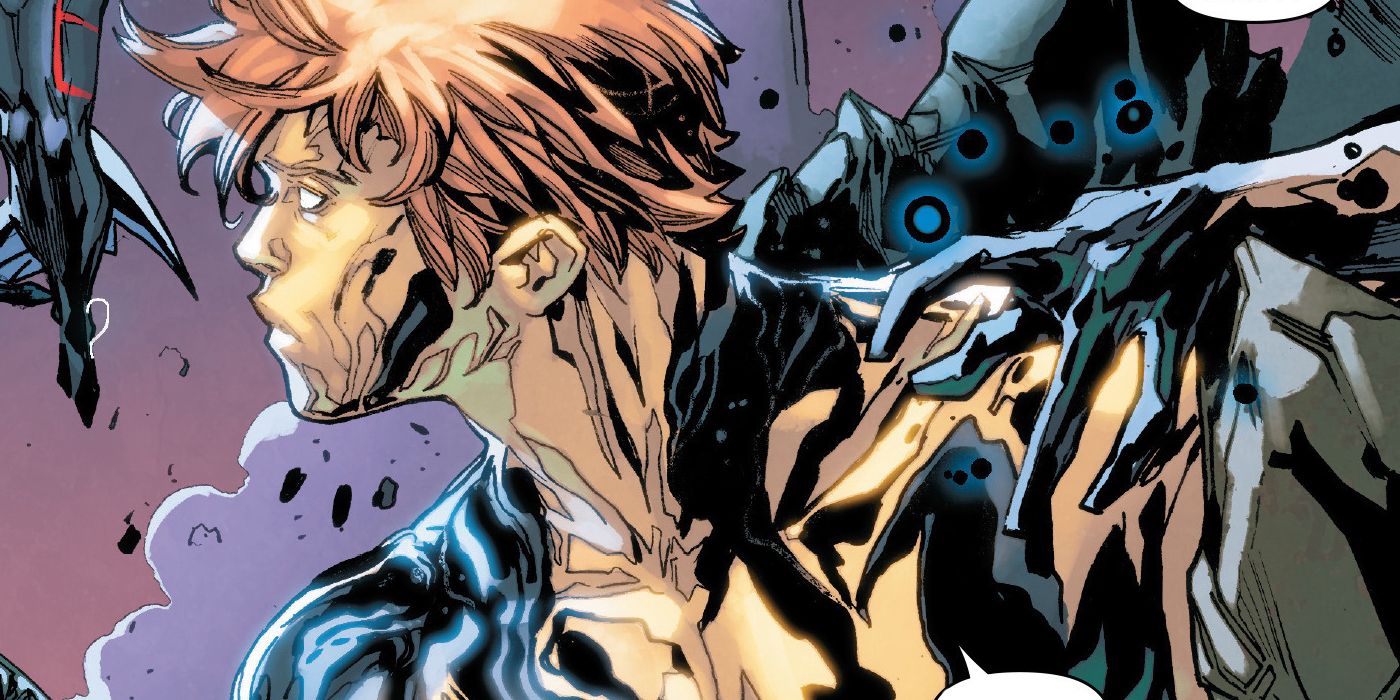The X-Men have faced their share of illnesses, from the Legacy Virus to the Techno-Organic virus that affects Cable. Alongside the ability to cure fictional diseases, there's some canonical evidence that mutantkind can also cure real-world illnesses -- including cancer.
In Mystique's solo series from the mid-2000s, it was revealed that her shape-shifting ability comes about thanks to her unique cell structure. Mystique's cells all bear the qualities of stem cells, making them highly adaptable. This was played with in the Days of Future Past movie as well, when it was Mystique's DNA that helped Trask make his advanced Sentinel robots. In the future, they were adaptable to any attack and could withstand even the most devastating powers thrown at them by the X-Men. If Mystique’s cells can be adapted to withstand an attack from Sunspot and Iceman and can replicate the abilities of others, they should similarly be able to adapt to cancer cells.
An even more likely source of healing comes from the X-Men known as Elixir His powers and abilities are based in healing and he's been shown to be able to cure the Legacy Virus. When the Stepford Cuckoos transferred Beast’s incredible knowledge of medicine and biology into Elixir’s mind, he became capable of curing just about any malady. Effectively, Elixir himself is a cure for cancer.
Even without being bonded to Beast’s mind, Elixir should presumably be able to work with Beast or other genius-level mutants, like Sage, to apply his skill in a way that benefits the ill and cures disease. He can raise the dead, after all.
Taken together, Mystique and Elixir represent two separate and equally promising ways to handle a serious health threat like cancer. While Elixir should be able to use his ability to combat it on an individual basis, Mystique's genetics could be applied on a grand scale as a potential treatment for multiple people around the world.
Even though Mystique's potential curative ability is mostly theoretical, given the science the comics have established, it does seem to have potential. Elixir, on the other hand, has been straight up shown to have the ability to cure extensive disease. He's also able to cause tumors using his ability offensively, so removing them again should be just as easy.
This begs the question, if the X-Men can cure cancer, why don't they?
The most obvious answer for why the X-Men have not applied their knowledge to the benefit of mankind may be simple, if somewhat dark: They don't want to. It would be easy enough to imagine Mystique having this point of view. A mutant whose powers help her hide her true self to avoid persecution by mankind probably won't go out of her way to help humanity.
As for Elixir, it's worth acknowledging the fact that he is just one man. His powers work when he is in close proximity to those he's working on, but he can't simply extend the breadth of his ability across the world and cure disease.
There's also the potential knowledge that a cure of mutant origin for a human disease would be met with a lot of skepticism from humans, if not outright anger and rejection -- as seen throughout Dawn of X. Perhaps most significant in this thought experiment is the very nature of mutation and how it is often presented in the X-Men comics. Even in the movies, there has been a strong theme that mutation is something to be cured.
Gene mutations can lead to cancer, as cell growth accelerates and creates tumors. The parallels are clear and disturbing. Cancer is the result of bad mutation, while mutant powers can be the result of good mutation -- though it depends on who's deciding what's good and what's bad. Many humans and mutants believe the X-gene mutation is a bad thing that should be cured.
Mutants may very well have the cure for cancer, but the technology or the skill needed to bring it to fruition could threaten mutantkind. That’s enough to make anyone think twice about sharing it.



